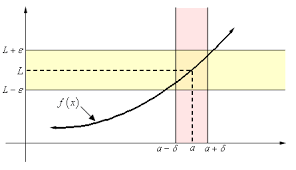Pleadings limit judgments
July 22, 2020 In addition to a thorough review of Batson law as applied to Hispanic potential jurors, Murphy v. Mejia Arcos provides a powerful example of the rules about post-trial pleading amendments.
In addition to a thorough review of Batson law as applied to Hispanic potential jurors, Murphy v. Mejia Arcos provides a powerful example of the rules about post-trial pleading amendments.
On the one hand, “pursuant to rules 63 and 66 of the Texas Rules of Civil Procedure, a trial court must allow a postverdict amendment that increases the amount of damages sought in the pleadings to that found by the jury unless the opposing party presents evidence of prejudice or surprise.” (emphasis added)
But at the same time, “a trial court cannot grant a motion for leave to amend the pleadings after the court signs the judgment.”
Accordingly, the trial court abused its discretion when it (1) signed a final judgment, (2) granted the plaintiff’s motion to amend the pleadings, and then (3) signed a new judgment without an order setting aside the first one. “Because the trial court never signed a written order vacating the August 9, 2018 final judgment, its oral pronouncement [about vacating that judgment] was ineffective, so the August 9,
2018 judgment continued in force and effect. . . . [A]t all times after August 9, 2018, there has always been a final judgment in this case. Therefore, the trial court did not follow the guiding principles of law that it cannot grant leave to file an amended pleading after judgment.”
As a result, the judgment was reduced to $200,000 (the maximum amount sought specified by the plaintiff’s trial pleading) from the $1,000,000 awarded in the jury’s verdict. No. 05-18-01342-CV (July 17, 2020).